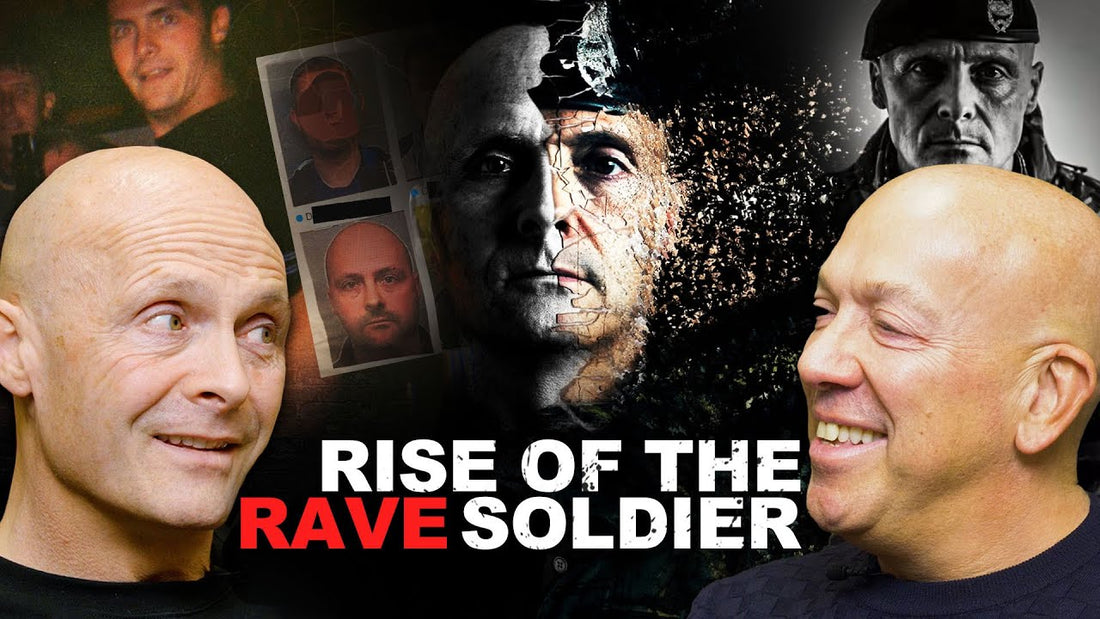Born in 1969, Richard Jones seemed destined for a law-abiding life—his father was a Flying Squad officer in London’s Metropolitan Police. Yet growing up around “old bill” culture taught him something unintended: how to stay one step ahead of authority. That ironic skill would become the invisible thread connecting every stage of his later criminal career.
The Army: Brotherhood, Bullets … and Boredom
Jones joined the Royal Tank Regiment in 1988, searching for discipline and purpose. He found both—plus camaraderie, live-fire adrenaline and tours in Northern Ireland during “Bandit Country.” But with the Berlin Wall down and the Gulf War ending too quickly for his unit to deploy, the young gunner felt cheated of action. Frustration, heavy drinking and petty theft filled the vacuum.
Rave Culture & the “Dirty Dollar” Pill: The Accidental Gateway
Home on leave in 1995, the ex-soldier crashed head-long into Britain’s exploding rave scene. One ecstasy tablet—stamped with a speckled dollar sign and nicknamed the Dirty Dollar—switched off years of combat vigilance in a single rush of serotonin. In Jones’s words, it was “red pill or blue pill” territory. He chose the red, and the pivot from consumer to supplier happened fast:
- 5-pill “friend packs” turned into bulk buys of 10,000.
- Door staff, DJs and bar managers were paid in pills, keeping Bristol’s club ecosystem well-oiled.
What began as free party favors soon evolved into a logistics operation that pushed tens of thousands of tablets across the South West every month.
Scaling Up: From Ecstasy to Cocaine and Cartel Contacts
By the early 2000s the UK pill market crashed—prices fell to as low as 40 pence per tablet, making risk outweigh reward. Jones pivoted to wholesale cocaine, skipping grams entirely and moving straight into multi-kilo consignments sourced via Serbian intermediaries. Re-pressing labs, coded burner phones and vacuum-sealed “9-bars” became his new normal.
A crippling £80,000 debt after one botched 4-kilo seizure forced him abroad. In Spain he linked—via a chance military connection—to Colombian suppliers in Madrid, ferrying high-purity product through Europe using a leap-frog convoy system. The soldier’s field-craft paid off; paranoia and counter-surveillance drills kept him ahead of law enforcement—temporarily.
The Busts: Three Runners Down and the Knock at the Door
Jones’s empire unravelled in 2010. Three separate couriers were arrested within months—each loss tightening the investigative net around him. On a freezing April morning, unmarked Ford Focuses swarmed his Gloucestershire motorsport garage; police seized laptops, a money-counting machine and the last vestiges of his double life.
He faced two separate conspiracy indictments spanning Avon & Somerset, Gloucestershire and Thames Valley police regions. In 2012—after a seven-week trial—Jones was found not guilty on one count but guilty on the second, earning a 15-year sentence. He served just under seven, thanks to tag time, remand credit and a transfer to open conditions.
Prison Reset: Fitness, Reflection and the “Lost Soldier”
Locked in Category-B HMP Lowdham Grange then Category-C HMP Oakwood, Jones embraced structure again:
- Daily workouts replaced nightclub chaos.
- He built veteran support groups, drawing on shared military bonds.
- He kept a journal that morphed into his debut memoir.
The nickname “Lost Soldier” came to him in his cell: a man trained to serve but derailed by easy money and escapism. Writing became both therapy and blueprint for reinvention.
Redemption Road: Therapy, Podcasting and Charlie 4 Kilo
Released in 2018, Jones pivoted once more—this time legally. He retrained as a trauma therapist specialising in PTSD for veterans and blue-light workers, using cutting-edge techniques to “cure the flashbacks” that once haunted him.
His book Charlie 4 Kilo (military radio code for “C4K” = cocaine) peels back the layers of Britain’s wholesale drug world from a soldier’s vantage point. He co-hosts The Ex-Con Chronicles and frequents the Criminal Connection Podcast, offering raw cautionary tales that resonate with at-risk youth and ex-service personnel alike.
Lessons for Readers, Parents & Policymakers
- Transition gaps matter. The void between military duty and civilian life remains a breeding ground for addiction and organised crime recruitment.
- Drug profits > deterrent. Ecstasy’s price collapse pushed Jones up the drug hierarchy—a classic example of market forces defeating prohibition.
- Redemption is resource-heavy. Seven sober years, structured routines and peer mentorship were essential to Jones’s 180-degree turn; quick-fix schemes rarely work.
Final Word: Beyond the Dirty Dollar
Richard Jones’s trajectory—from tank gunner to cartel courier to trauma counsellor—illustrates how easily discipline can mutate into risk-taking when purpose disappears. His is not a glamor story; it’s a roadmap of wrong turns, lucky escapes and eventual self-forgiveness.
If you’re a veteran feeling adrift, a parent worried about rave-culture temptations, or a policymaker wrestling with re-offending stats, let Jones’s life remind you: prevention starts long before the pill hits your palm—and recovery can begin the moment you decide to write a new chapter.

